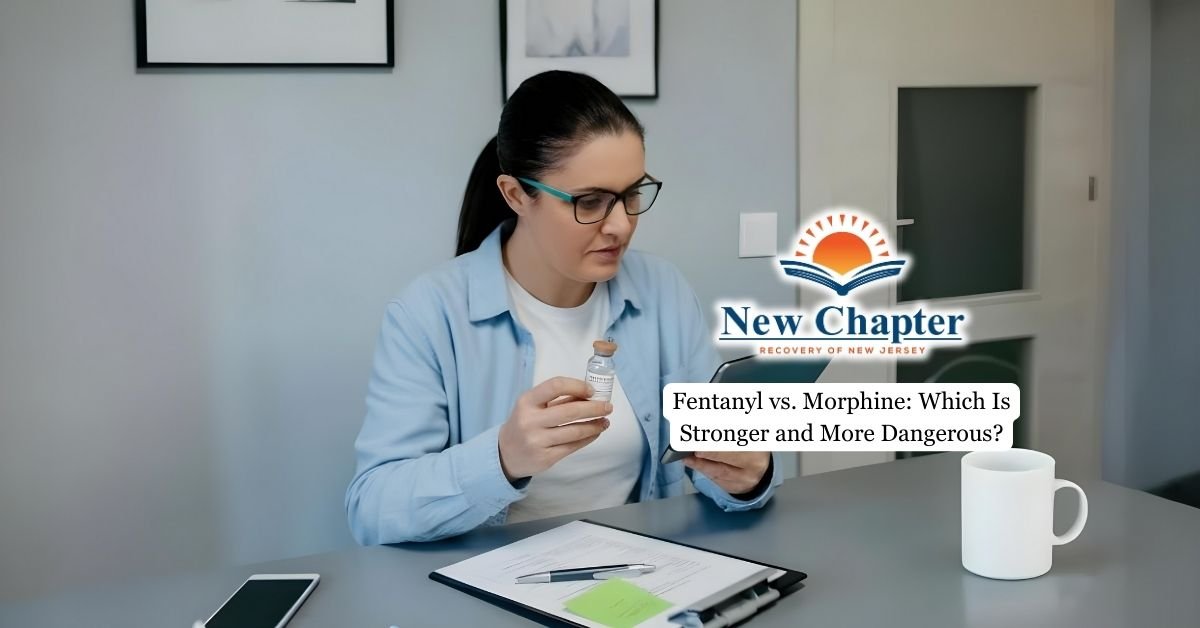If you’ve been taking Ativan and are thinking about stopping, it’s crucial to approach the process carefully and with medical guidance. Ativan is a benzodiazepine, and quitting it abruptly can trigger severe withdrawal symptoms, including anxiety, insomnia, tremors, and, in some cases, life-threatening complications like seizures. A sudden stop can put significant strain on both your body and mind, making professional supervision essential for a safe transition.
This article offers a detailed guide on how to safely and effectively stop taking Ativan while minimizing discomfort and health risks. We will explore the reasons why discontinuing Ativan may be necessary, outline the possible withdrawal symptoms you might experience, and, most importantly, provide a structured, step-by-step plan for gradually reducing your dosage under medical supervision. By following a controlled tapering strategy, you can increase your chances of a smoother transition and long-term recovery.

Withdrawal Symptoms and Timeline
As you start reducing your Ativan dosage based on a tapering schedule under medical supervision, you may experience acute withdrawal symptoms within 10-24 hours after your last dose. These can include anxiety, insomnia, irritability, seizures, and gastrointestinal issues, typically lasting 1-4 weeks.
Approximately 10-35% of individuals may also face rebound symptoms, an intensified return of original symptoms, 2-3 days after the acute withdrawal phase.
The severity and duration of your withdrawal symptoms will depend on your Ativan dosage and length of use. Higher doses often lead to more intense withdrawal experiences.
While most acute symptoms subside within a month, some may encounter protracted withdrawal, with symptoms persisting for months to years.
It’s essential to have ongoing medical supervision to safely manage your withdrawal symptoms, as abrupt cessation can result in severe complications.
If you or a loved one are facing challenges with Ativan addiction, learn more about how our comprehensive addiction treatment services can help you:
Creating a Personalized Tapering Plan
Consulting with your healthcare provider is essential to create a plan tailored to your unique needs, taking into account your usage history and overall health.
They’ll guide you through gradually reducing your dosage, typically by 25-30% each week, to minimize withdrawal symptoms.
Your provider may recommend switching to a longer-acting benzodiazepine to ease the transition. Regular check-ins during the tapering process will help monitor your progress and make necessary adjustments.
Incorporating behavioral therapies alongside your personalized plan can significantly enhance your chances of success.
Supervised Medical Detox
A medically supervised detox typically lasts 7-10 days and ensures a safe withdrawal process while effectively managing symptoms. Healthcare professionals monitor your condition closely to minimize risks and provide necessary medical support.
During detox, doctors often use a gradual tapering schedule to help your body adjust to lower doses of Ativan, reducing withdrawal severity. They may also prescribe alternative medications, such as longer-acting benzodiazepines or anticonvulsants, to ease discomfort and stabilize your system throughout the process.
Ongoing support from medical staff and counselors is essential, as detox addresses both the physical and psychological challenges of withdrawal.
In more severe cases, inpatient medical detox may be required to provide intensive care and manage serious complications such as seizures, extreme anxiety, or other health risks.

Managing Withdrawal Symptoms
As you taper off Ativan under medical supervision, you may experience various withdrawal symptoms, such as anxiety, insomnia, tremors, and gastrointestinal issues.
The severity and duration of these symptoms can vary depending on factors like the length of benzodiazepine misuse and the dosage. To manage withdrawal symptoms effectively, your healthcare provider may recommend a gradual tapering schedule, typically reducing the dose by 25% weekly.
This approach helps minimize discomfort and prevents severe complications, such as seizures or hallucinations. In some cases, your doctor may prescribe adjunct medications, like long-acting benzodiazepines or anticonvulsants, to alleviate withdrawal symptoms and support the tapering process.
Find out how much time it usually takes to get addicted to ativan.
Support and Therapy
Engaging in cognitive behavioral therapy (CBT) can equip you with effective coping strategies to manage anxiety and withdrawal symptoms during the tapering process.
Joining support groups for benzodiazepine withdrawal offers shared experiences and encouragement, helping you feel less isolated during your recovery journey. Regularly checking in with your healthcare provider ensures that you receive ongoing support and adjustments to your tapering plan as needed.
Incorporating mindfulness practices, such as meditation and yoga, can enhance emotional regulation and reduce stress levels during withdrawal. Family and friends play a crucial role in providing emotional support, accountability, and motivation throughout the process.
Lifestyle Changes to Support Recovery
Regular physical exercise can improve your mood, reduce anxiety, and enhance overall well-being, aiding in the recovery process.
Establishing a consistent sleep routine will help combat insomnia, a common withdrawal symptom, and promote better rest without the use of medication.
Adopting a balanced diet rich in whole foods, including fruits, vegetables, and lean proteins, supports brain health and can mitigate some withdrawal symptoms.
Engaging in mindfulness practices such as meditation or yoga will reduce stress and anxiety levels, providing you with coping mechanisms during the recovery period.
Building a strong support network through friends, family, or support groups can provide you with emotional encouragement and accountability, which are essential for maintaining sobriety after discontinuing Ativan.
Final Thoughts from New Chapter Recovery
Overcoming Ativan addiction can be challenging, but with the right support and professional care, recovery is possible. At New Chapter Recovery, we understand the unique difficulties of Ativan dependence and provide a compassionate, evidence-based approach to healing. Our program combines proven treatment methods with personalized care, offering a comprehensive path to recovery that prioritizes both mental and physical well-being.
Frequently Asked Questions
1. How can I prevent a relapse after successfully stopping Ativan?
To prevent relapse, it’s important to continue therapy, practice stress management techniques, and build a strong support network. Engaging in healthy routines, such as regular exercise and mindfulness, can help manage anxiety without medication. If cravings or anxiety become overwhelming, consulting a healthcare provider for alternative treatments can be beneficial.
2. Is it safe to use natural supplements for anxiety while tapering off Ativan?
Some natural supplements, such as magnesium, valerian root, or CBD, may help with anxiety, but they should only be used under medical supervision. Certain supplements can interact with medications or affect withdrawal symptoms, making it important to discuss options with your doctor. A holistic approach, including diet, exercise, and relaxation techniques, can also support the tapering process.
3. Can Ativan withdrawal cause long-term cognitive issues?
While most withdrawal symptoms improve within weeks or months, some individuals may experience prolonged cognitive issues like memory problems or brain fog. These effects are often temporary, but in rare cases, long-term benzodiazepine use can contribute to persistent cognitive impairment. Engaging in cognitive therapy, maintaining a healthy lifestyle, and giving the brain time to heal can help improve mental clarity.
4. How can family members support someone going through Ativan withdrawal?
Family members can offer emotional support by being patient, encouraging healthy habits, and helping create a stress-free environment. Educating themselves about withdrawal symptoms and avoiding judgment can make the process easier for their loved one. Encouraging professional treatment, attending therapy sessions together, or joining support groups can also provide valuable assistance during recovery.






